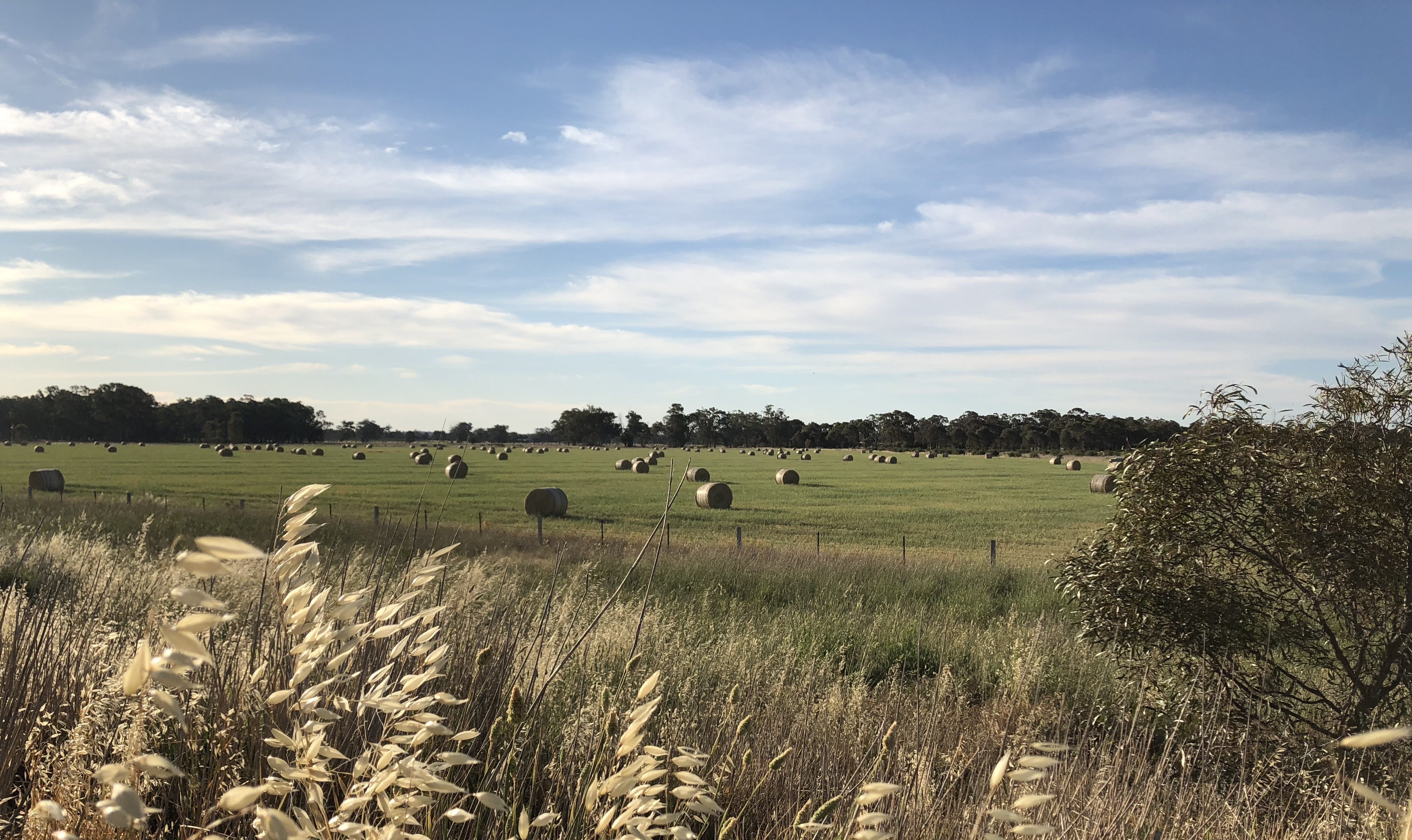
Outdated Land use Laws
Regionality calls for an urgent overhaul of Australia’s land use planning frameworks to enable farms to improve viability through innovation
Many regional producers are looking to innovate their farm businesses to connect with consumers but restrictive and outdated land use planning regulations are limiting the ability of farmers to become more resilient in the face of changing markets, drought and climate change.
Regionality founder and agri-food thought leader, Rose Wright, says challenges within the current regulatory and planning systems are overwhelming many aspirational agri-entrepreneurs. She says rural land use planning frameworks need to be redefined in order to clear hurdles that impede farmers from being more resilient, viable and profitable through innovation.
“There is a real and urgent need to redefine agricultural land use to enable multi enterprise farming activity to add value to primary production,” she said.
“Agriculture is changing. The way we produce, package, process and market food in a global context means that our farmers need to be capable of adapting to the changing needs of consumers.
“In a highly competitive, commodity based food system, farmers are squeezed at every turn. Rather than protecting farmland, the current system is so restrictive it limits the ability of farmers to become more resilient through innovation.”
Innovation and collaboration are key to future economic prosperity in the agri-food sector but current planning schemes are designed for an agricultural system at the end of the 20th Century. While protection of primary production land from inappropriate development is paramount, Ms Wright believes future protection of farming land without consideration of ancillary, complimentary income generating business activity is counterproductive.
“There is broad agreement that for farmers to prosper they need to add value and diversify from traditional primary production to multi enterprise model, but our current complex regulatory and planning system makes it complicated, time consuming and expensive to navigate, resulting in this option being inaccessible to a large cohort of family farms struggling to remain viable,” she said.
“Giving farmers options to add value and have multiple income generating business options associated with primary production would assist them to earn a viable and profitable income from their asset without undermining the land’s productive capacity for generations to come. It would also make the farm business a more attractive option for younger generations of family members who cannot see the point of taking all that risk with such limited reward .”
Regionality is an independent consultancy providing a comprehensive range of regional and business development services supporting farmers, individuals, organisations and communities throughout regional Australia. If you need to solve a problem or maximise an opportunity within your farm, community or organisation call Regionality today 0266 741 056.
For more information or to read the discussion paper: Redefining the business of farming: reforming land use to support innovation on farm and beyond the farm gate, email info@regionality.com.au.
Reference: Wright R, 2019, Regionality: Redefining the business of farming. Reforming land use planning to support innovation on farm and beyond the farm gate, discussion paper, Regionality Pty Ltd, NSW, Australia.

